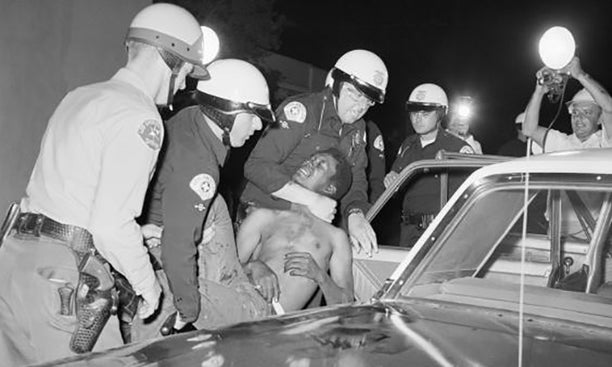
The Midnight Hour: The Watts Uprising
The lead-up to the Watts rebellion in 1965 and the findings of the Hard-Core Unemployment report published in December 1965 by two veteran researchers at UCLA’s Institute of Industrial Relations.

The lead-up to the Watts rebellion in 1965 and the findings of the Hard-Core Unemployment report published in December 1965 by two veteran researchers at UCLA’s Institute of Industrial Relations.
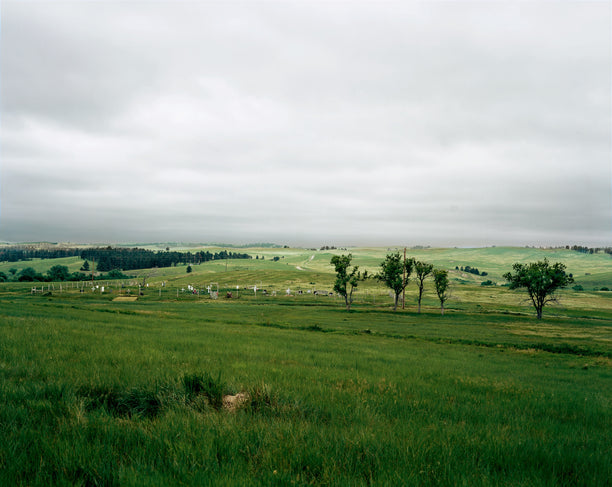
This time of year is a moment of deep reflection for Lakota people because of the anniversary of the 1890 Wounded Knee Massacre. Below is an excerpt from Nick Estes' Our History is the Future, on the history of indigenous resistance.
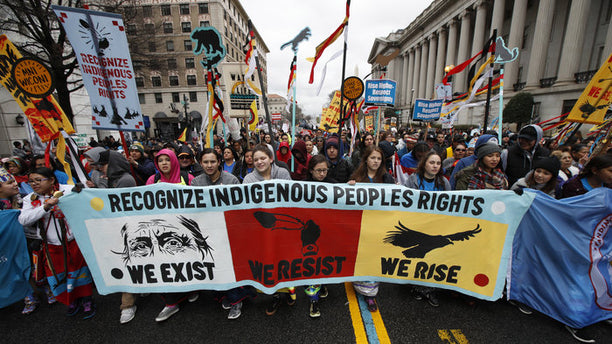
Physical extermination and the repression of Indigenous political power verified the United States’ genocidal intent. From the severed stump began to regrow the tree of life—the tree of resistance that would blossom into revolt decades later.
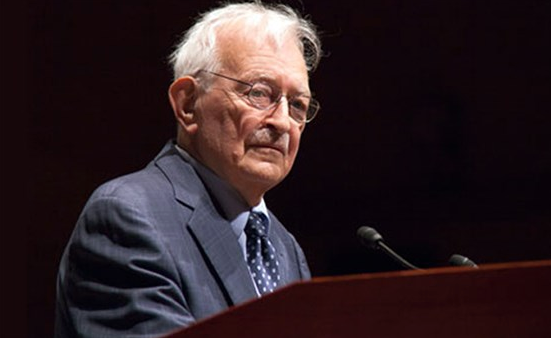
On the 31st August, renowned sociologist and the inaugurator of world-systems analysis Immanuel Wallerstein died aged 88. Alongside his monumental four-volume series on The Modern World-System, one of his most influential works was Race, Nation, Class, written in dialogue with Etienne Balibar. In this interview, conducted by Manuela Bojadžijev, Balibar and Wallerstein discuss how the volume came about, and its continuing relevance thirty years later.
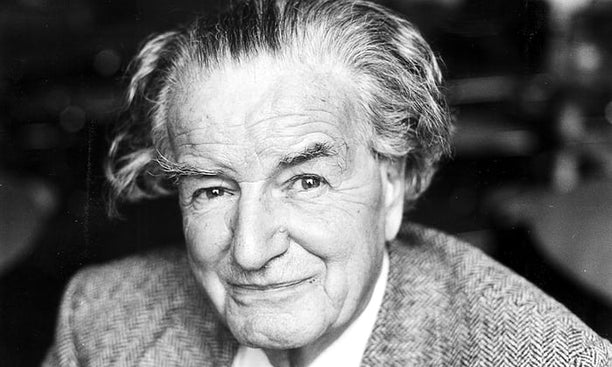
The first annual Christopher Hill Memorial Lecture was given on November 3rd 2018 in Newark and 27th March 2019 in London by Professor Justin Champion, and titled "Heaven Taken by Storm: Christopher Hill, Andrew Marvell and the Dissenting Tradition". In this, the text of the lecture, Champion defends Christopher Hill's Marxist method against its revisionist detractors and seeks to extend Hill's reading of Andew Marvell, particularly his reflections on Marvell's topical satires in verse and prose of the Restoration.
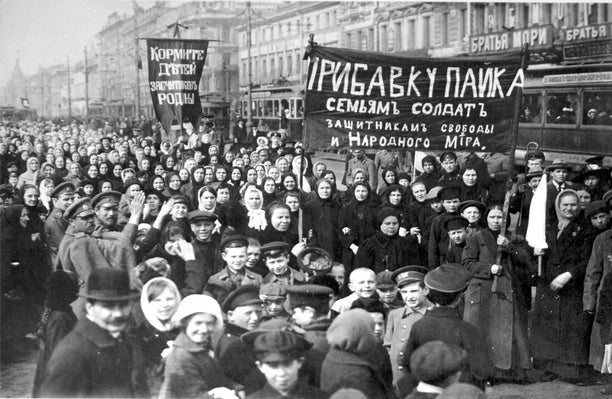
Our essential titles on radical histories.
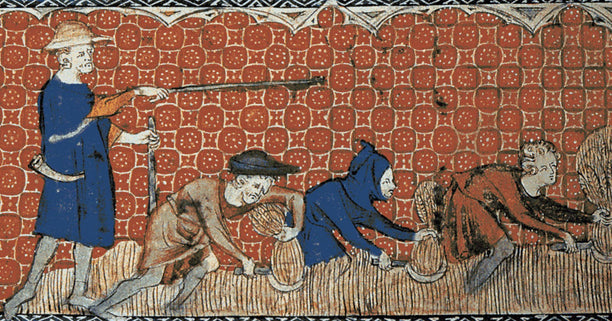
The study of feudal society has been central to Marxist historiography. But what if a foundational theoretical mistake has governed these inquiries for decades? In this article Hugo Raine studies the writings of Jairus Banaji and Perry Anderson on the transition from feudalism to capitalism, and asks whether you can speak of feudalism as a unitary social system, or whether that is a feature unique to capitalism.
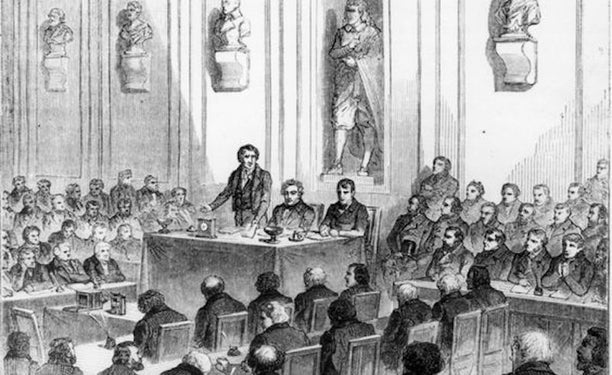
In the first part of the series Unlearning Decisive Moments of Photography, Ariella Azoulay urges us to unlearn the knowledge that calls upon us to account for photography as having its own origins, histories, practices, or futures, and to explore it as part of the imperial world that we operate in.
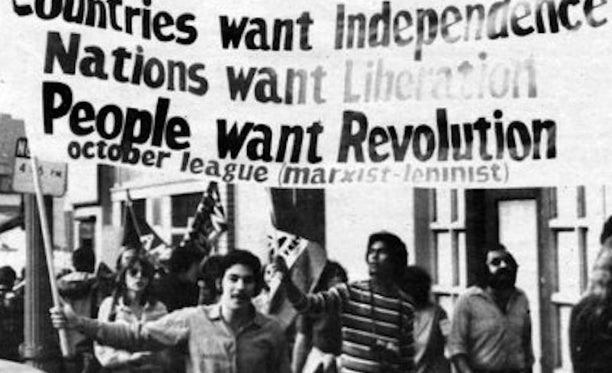
The main reason to look back at the history of the New Communist Movement is to glean any lessons that can be useful for rebuilding a revolutionary left under today’s dramatically changed conditions.
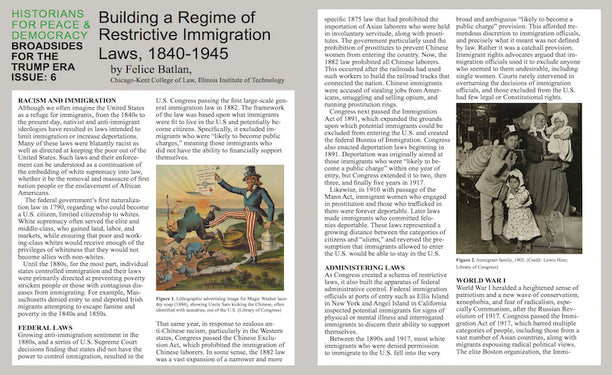
In this compact, printable history, Felice Batlan traces the development of US immigration restrictions from the mid-nineteenth through the mid-twentieth century.

"We have to come back to the straightforward explanation that this is a society which is structured by racial oppression and has been for its entire history."
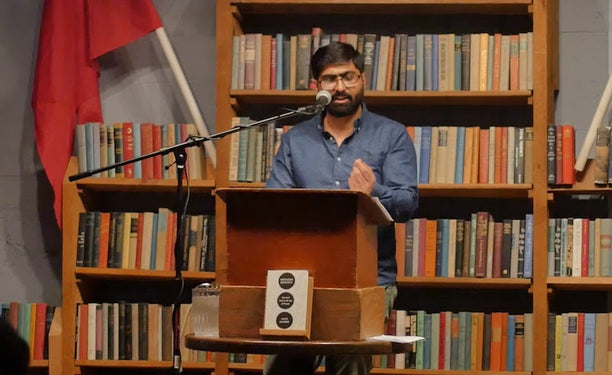
"We can't decide in the abstract which of any social relations is more determinant in any particular social phenomenon. Some have primacy in particular moments, some come in a particular kind of sequence, but we can't just say: race, class, which one is more important?"